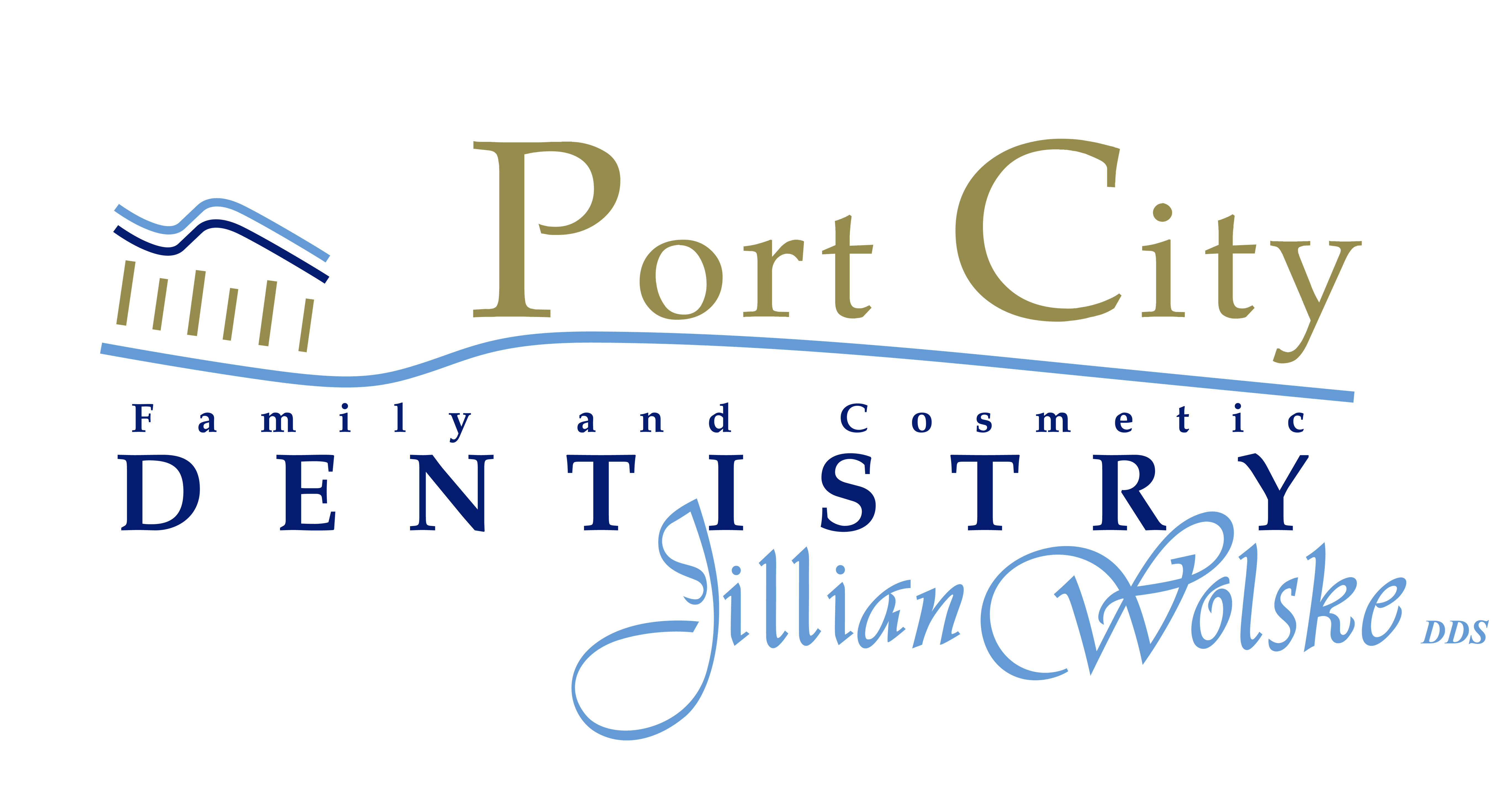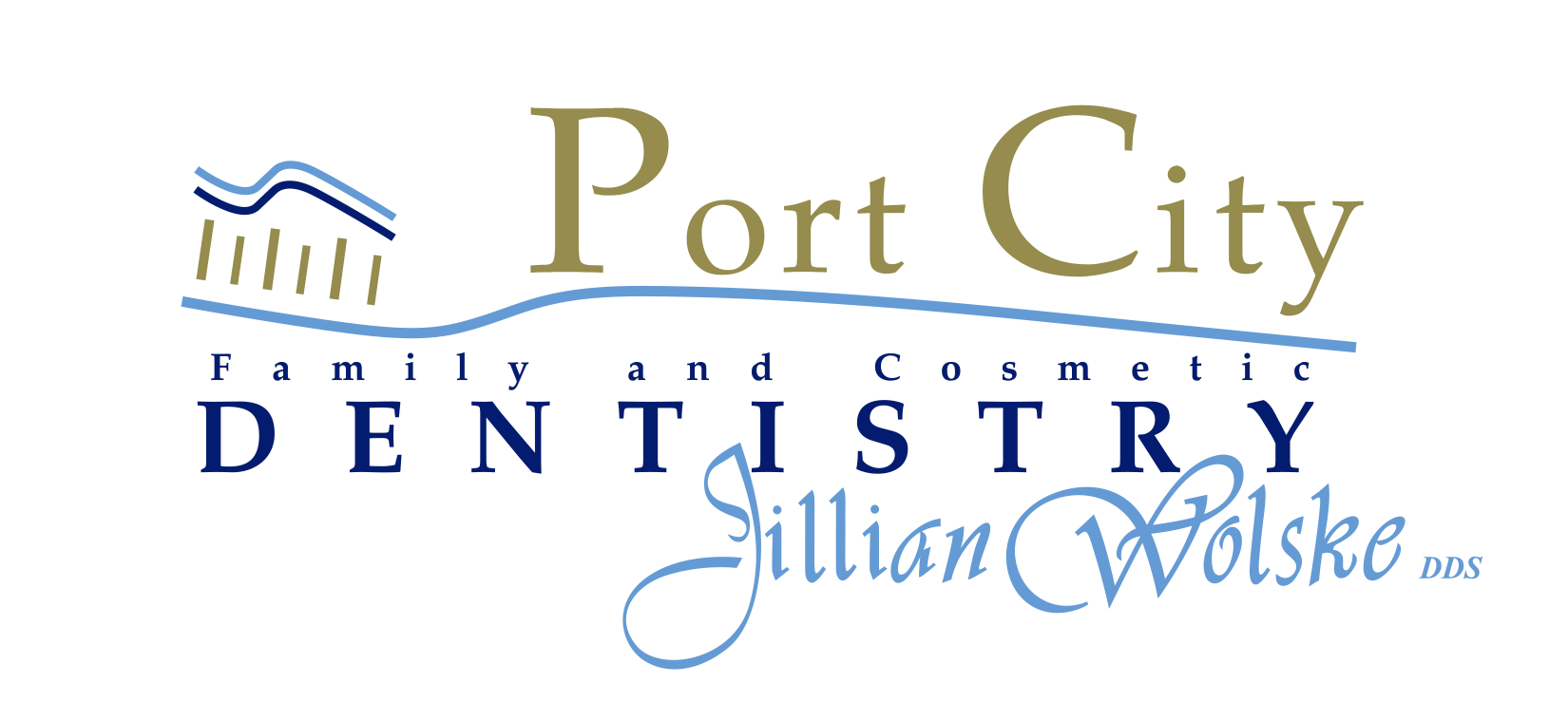Are you experiencing severe tooth pain or overcrowding? In some cases, a simple filling or root canal may not be enough to restore a damaged tooth. At Port City Dentistry, we offer gentle and expert dental extractions to relieve discomfort and protect your oral health. Whether you need a routine extraction or wisdom teeth removal, our Wilmington, NC dental team is here to help.
When Is a Tooth Extraction Necessary?
A tooth pulled may be needed for various reasons, but it is typically a last resort when a tooth cannot be saved. Some of the most common reasons for dental extractions include:
Severe Tooth Decay or Damage – When a tooth is extensively decayed or fractured beyond repair, removal may be the only option. Serious trauma that damages teeth can also result in the need for extraction.
Gum Disease Advanced periodontal disease can cause teeth to loosen, making dental extractions necessary to prevent further infection, nerve damage, or fractures.
Overcrowding or Orthodontic Treatment – Some patients need dental extractions to make space for proper tooth alignment or to address poorly positioned teeth.
Impacted Wisdom Teeth – Wisdom teeth often grow improperly, causing pain, tooth injury, or damage to surrounding teeth, requiring removal.
Our goal at Port City Dentistry is always to preserve natural teeth whenever possible. However, when extractions are necessary, we ensure a comfortable and seamless experience.
Types of Tooth Extractions
Depending on your condition, our dentists may recommend one of the following types of dental extractions:
Simple Tooth Extractions
For teeth that are visible and accessible, a simple extraction involves loosening the tooth with a tooth removal instrument before gently removing it. This procedure is quick and performed under local anesthesia to ensure comfort.
Surgical Tooth Extractions
For teeth that are broken below the gumline, impacted, or difficult to remove, a more complex tooth extraction may be necessary. This procedure involves a small incision to access the tooth and remove it safely. Wisdom teeth removal is a common type of surgical extraction, often requiring a tooth removal instrument called an elevator or forceps for proper access.
Wisdom Teeth Removal
Many patients require wisdom tooth extraction due to impaction, overcrowding, or risk of infection. Early removal can prevent complications like pain, swelling, shifting teeth, and even maxillary sinus issues if upper wisdom teeth grow too close to sinus cavities.
What to Expect During a Tooth Extraction
Many patients feel anxious about dental treatment like tooth extractions, but modern techniques make the process smooth and comfortable. Here’s what you can expect:
Initial Evaluation – Our team will assess your tooth with digital X-rays to determine the best extraction method.
Anesthesia and Sedation – We use local anesthesia to numb the area, and for those with dental anxiety, we offer nitrous oxide sedation to ensure a stress-free experience.
Tooth Removal – Using advanced tools, including options like piezoelectric bone surgery, we carefully remove the tooth while minimizing trauma to the surrounding tissue and gum socket.
Post-Procedure Care – We provide detailed aftercare instructions to promote fast healing and minimize discomfort at the extraction site.
Tooth Extraction Recovery: Tips for Healing
After a tooth pulled, proper care is essential for a smooth recovery. Follow these guidelines to heal quickly:
Rest and Avoid Strenuous Activity – Take it easy for the first 24 hours to allow your body to recover.
Control Bleeding – Bite down on gauze as directed to help form a blood clot and stop bleeding. If you experience extraction excessive bleeding, contact our office promptly.
Manage Pain and Swelling – Apply an ice pack and take prescribed or over-the-counter pain relievers as needed.
Eat Soft Foods – Stick to mashed potatoes, yogurt, and smoothies while avoiding hard and crunchy foods that may irritate the extraction site.
Avoid Straws and Smoking – Sucking motions can dislodge the clot and lead to dry socket, a painful complication.
Most patients recover within a few days to a week, depending on the complexity of the extraction. If you experience extraction site continued pain, please reach out to our team or visit a hospital dental clinic for evaluation.
Alternatives to Tooth Extraction
Whenever possible, we explore tooth-saving options before recommending an extraction. Some alternatives include:
Root Canal Therapy – If a tooth is infected but salvageable, a root canal may remove the infection and preserve the tooth.
Dental Crowns – If a tooth is damaged but still structurally sound, a crown can restore function and appearance.
Periodontal Treatment – If gum disease is the issue, deep cleanings and specialized treatments may help stabilize the tooth.
If an extraction is unavoidable, Port City Dentistry offers multiple tooth replacement solutions, including dental implants, bridges, and dentures.
Schedule a Tooth Extraction in Wilmington, NC
If you have severe tooth pain or need a wisdom tooth removed, trust the experienced team at Port City Dentistry for safe, gentle, and professional extractions. We’re here to help restore your oral health with compassionate care and advanced techniques.
📍 Location: 4700 New Centre Dr, Wilmington, NC 28405
📞 Call Now: 910-613-5635
📅 Book Your Appointment Online Today!
Frequently Asked Questions about Tooth Extraction in Wilmington, NC
What is oral and maxillofacial surgery, and when is it necessary?
Oral and maxillofacial surgery is a specialized field of dentistry focused on diagnosing and treating conditions related to the mouth, jaw, and facial structures. It often includes surgical procedures such as complex tooth extraction, treatment of facial trauma, and corrective jaw surgery. If you have impacted teeth, tooth root issues, or need removal of severely damaged teeth due to injury or infection, your dentist may refer you to an oral surgeon for further evaluation and care.
Why might I need a surgical procedure instead of a simple extraction?
A surgical procedure is typically required when the tooth is not easily accessible—like when it’s broken below the gum tissue, impacted, or surrounded by dense bone. In these cases, your dentist or oral surgeon may need to make an incision in the gum tissue and possibly remove surrounding bone to extract the tooth. Complex tooth extraction is often necessary for wisdom teeth or teeth with curved roots that cannot be removed with standard techniques.
What happens during a tooth removal using an instrument called an elevator?
During a simple tooth extraction, your dentist or oral surgeon uses an instrument called an elevator to loosen the tooth from its socket. Once it’s adequately loosened, forceps are used to complete the removal. This approach minimizes trauma to the surrounding bone and gum tissue, making the recovery smoother. It’s commonly used for teeth that are fully erupted and not severely damaged or impacted, and it’s usually performed under local anesthesia.
Can a tooth injury or infection cause nerve damage or fractures?
Yes, a severe tooth injury or untreated infection can lead to complications like nerve damage or fractures in the surrounding bone. Infections that reach the tooth root may also spread to nearby structures, requiring immediate attention from an oral surgeon. Early treatment is key to preventing long-term damage and reducing the need for extensive oral surgery. Always seek care if you notice swelling, persistent pain, or signs of infection around damaged teeth.
What are the risks if I delay a complex tooth extraction?
Delaying a complex tooth extraction can worsen problems such as infection, nerve damage, and damage to other teeth or surrounding bone. An untreated issue may lead to more severe complications, requiring more invasive oral and maxillofacial surgery later. It’s essential to address these concerns early to protect your overall oral health. Your oral surgeon will guide you through the process to ensure the safest outcome and smooth recovery.

